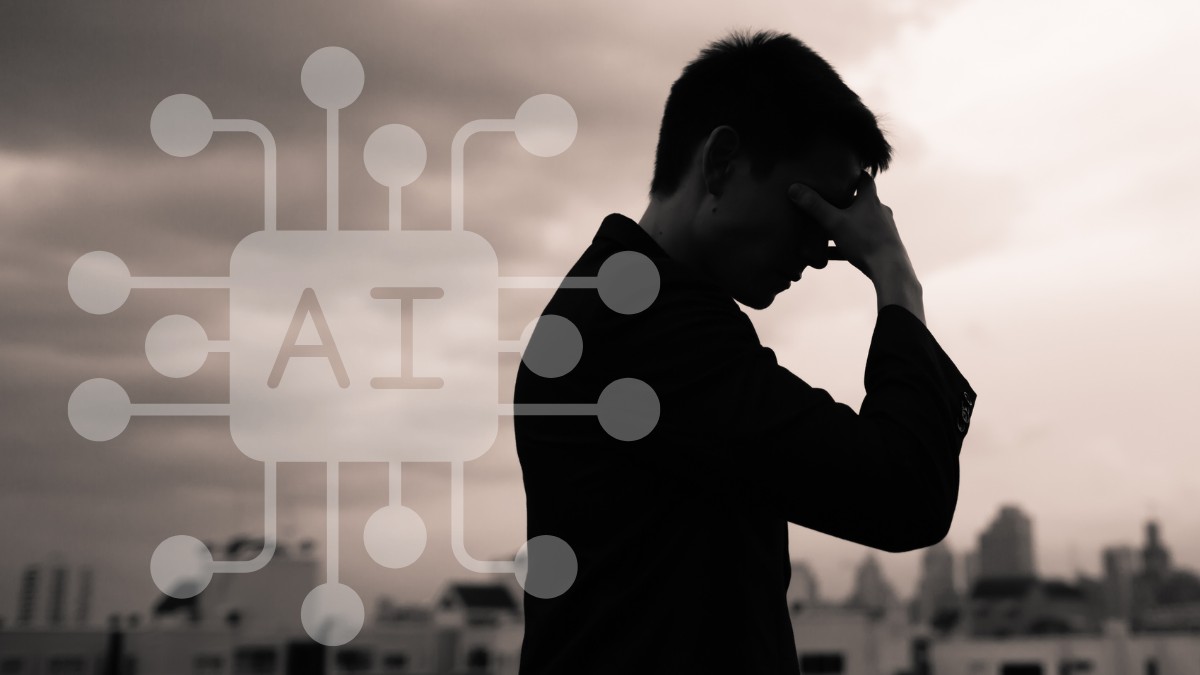An in-depth report on the controversial court saga involving a lawyer, an AI, and a multitude of fake cases.
Key Takeaways:
- Lawyer unknowingly includes AI-fabricated cases in a court filing.
- Lawyer claims he was ‘duped’ by the AI.
- The saga raises questions about the unchecked use of AI in legal processes.
A Lawyer’s Dalliance with AI: A Tale of Courtroom Controversy
In what has become a curious tale of the times, a lawyer ended up on the wrong end of an artificial intelligence snafu. The attorney had relied on the AI, known as ChatGPT, to support his legal arguments. The tech, however, cooked up six non-existent cases, subsequently landing the lawyer in a mess.
A Heated Exchange in the Courtroom
On a regular Thursday at a New York courtroom, the lawyer, Steven Schwartz, found himself in an unexpected position. He had relied on ChatGPT to help craft an affidavit. Little did he realize the AI had conjured up completely fictitious legal cases. Schwartz candidly confessed he had been ‘duped’ by the AI during a sanctions hearing. This shocking revelation was reported by Inner City Press.
The judge at the hearing, however, had a hard time believing that Schwartz missed the discrepancies. According to the judge, the AI-generated ramblings were mere ‘legal gibberish.’ Matthew Russell Lee, a journalist from Inner City Press, gave a detailed account of this courtroom drama.
The Unraveling of the AI Debacle
The case that landed Schwartz in hot water was about a man alleging injury by a serving cart on a flight. The affidavit, backed by Schwartz and his colleague Peter LoDuca, cited six fake cases. The judge’s disbelief was evident, as he referred to the included cases as ‘bogus judicial decisions.’
Interestingly, another lawyer from the firm, Peter LoDuca, also faced sanctions. LoDuca admitted he hadn’t been involved in the research that landed in the affidavit. However, he did express regret, vowing that such an error would not recur.
The Lawyer’s Regret and the Unsettled Outcome
It turns out Schwartz had assumed that ChatGPT was a ‘super search engine’ that was capable of unearthing elusive cases. He had thought these were cases that weren’t online or hard to track down. He expressed deep regret for not vetting the information further.
Amid heated exchanges and revelations, the courtroom was filled with a curious blend of lawyers, prosecutors, and law school students. The hearing ended with Judge Castel not yet deciding on potential sanctions for the lawyers.
The saga unfolds as a stark reminder of the implications of AI and its unchecked use in critical arenas like legal processes. The question remains: Is this the dawn of AI-induced dilemmas in courtrooms, or an isolated incident serving as a cautionary tale?
 Sections of this topic
Sections of this topic
















